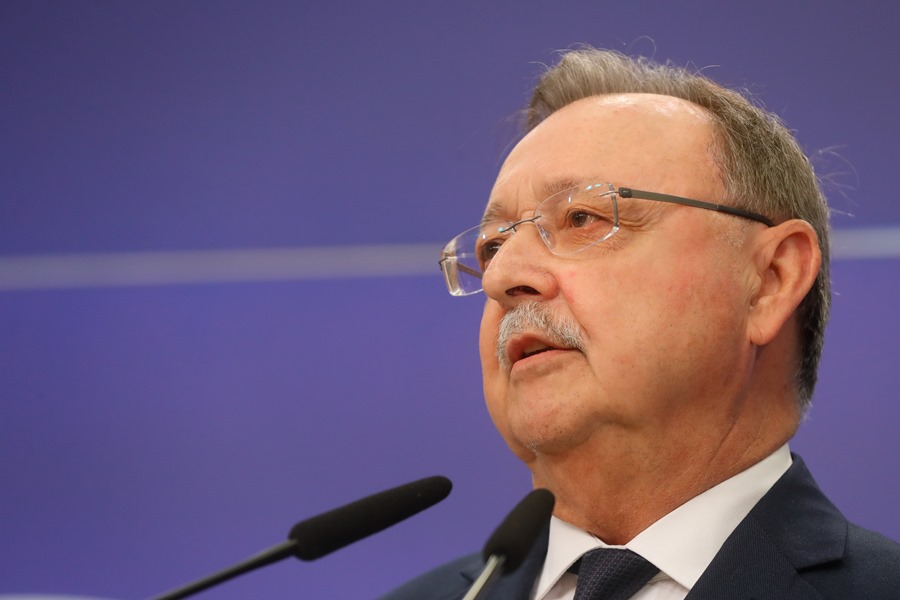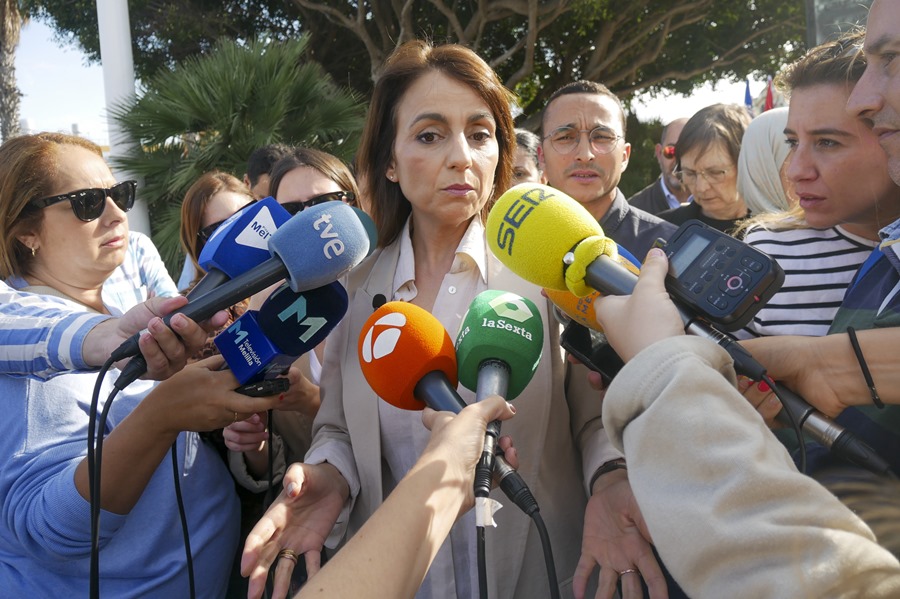The 28M elections will also be noticed in Ceuta and Melilla, where the shadow of alleged fraud in sending votes by mail hangs. It is one of the notes that has set the tone for the final stretch of the campaign.
Waiting to see what effects this controversy causes, a name of his own stands out, that of Juan José Imbroda, from the PP, who wants to return to the head of the autonomous city after four years in opposition. A very close vote is expected because the Coalition for Melilla, at the center of the controversy, aspires to win.
Juan Jesús Vivas is the proper name in Ceuta. He appears again, and if he governs again, it would be his seventh consecutive term. He does not want to agree with Vox, is what he has said, so the absolute majority seems to be at the risk of post-electoral pacts.

Electoral system
Ceuta and Melilla are unique constituencies. This May 28, the first will have 63,302 voters; the second, 61,126.
The statutes of Ceuta and Melilla establish that their respective assemblies will be made up of 25 members, who will have the status of councillors.
2019 results and prospects for 28M
Vivas achieved his sixth consecutive term in Ceuta in 2019 despite obtaining 9 councilors, far from the 13 that ensure an absolute majority and that the Ceuta candidate had been easily achieving.
More convulsed was the formation of the Government in Melilla, where the only Cs councilor, Eduardo de Castro, took control of the carom baton after agreeing on the Coalition for Melilla and PSOE. The current president is not running for re-election, who, moreover, was removed from the liberal formation.

Polls forecast uncertainty. Vivas needs to improve the results of 2019 and approach, or cling to, an absolute majority. Movement for Dignity and Citizenship and PSOE do not seem to be able to break it.
In Melilla, an adjusted result is expected between the PP and the Coalition for Melilla.






